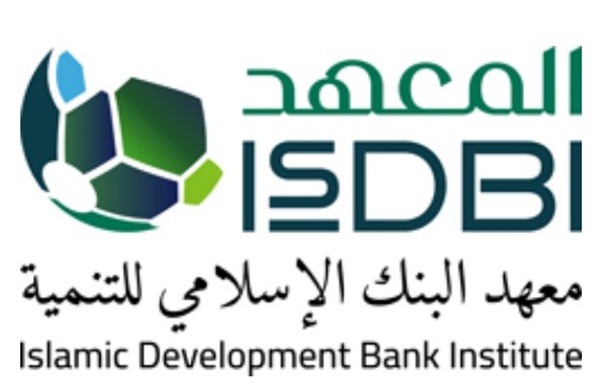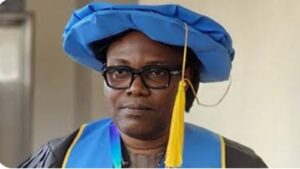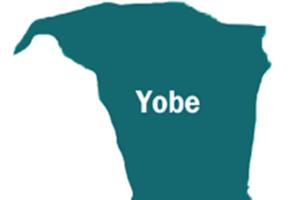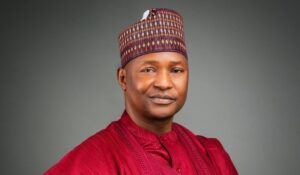
The Islamic Development Bank Institute (IsDBI), in partnership with the London Stock Exchange Group (LSEG), has unveiled a landmark report examining how Islamic finance can help developing countries overcome key structural barriers to growth.
The report, titled “Development Traps and the Role of Islamic Finance: An Introduction to Development Challenges Facing IsDB Member Countries,” was launched during the 20th AAOIFI-IsDB Annual Islamic Banking and Finance Conference in Manama, Bahrain.
According to IsDBI, the publication is the first in a new Development Traps Report Series—a flagship initiative developed with LSEG to identify and address five major obstacles to long-term development: the Middle-Income Trap, Natural Resources Trap, SMEs and MSMEs Trap, Debt Trap, and Technology Trap.
Drawing on data from over 20 international institutions, including the World Bank, IMF, UNDP, WIPO, OPEC, and ILO, the report presents a data-driven framework integrating Islamic finance tools such as sukuk, waqf, mudarabah, and zakat. It highlights how these Sharīʿah-compliant instruments can support inclusive economic transformation across member countries.
Acting Director-General of the IsDB Institute, Dr. Sami Al-Suwailem, described the report as a milestone in guiding policymakers toward sustainable solutions.
Read Also: DWL 2025 wraps up, reinforces Lagos’ position as Africa’s creative capital
“This report series provides early warning signals to help member countries avoid structural traps and leverage the full potential of Islamic finance for inclusive growth,” he said.
He added that the collaboration with LSEG bridges “the analytical rigor of global capital markets with the ethical and risk-sharing foundations of Islamic finance.”
Mustafa Adil, Head of Islamic Finance at LSEG, noted that the partnership underscores the power of data and innovation in addressing development challenges.
“Islamic finance is not only ethical, it is strategically positioned to deliver impact in emerging economies,” he said.
The report also includes contributions from global experts such as Dr. Bambang Brodjonegoro, Dean of the Asian Development Bank Institute, and Dr. Mahmoud Mohieldin, UN Special Envoy on Financing the 2030 Agenda for Sustainable Development.
Subsequent volumes in the series will explore each development trap in detail. The next edition, focusing on the Middle-Income Trap, will examine economic diversification, productivity, and human capital through the lens of Islamic finance.





